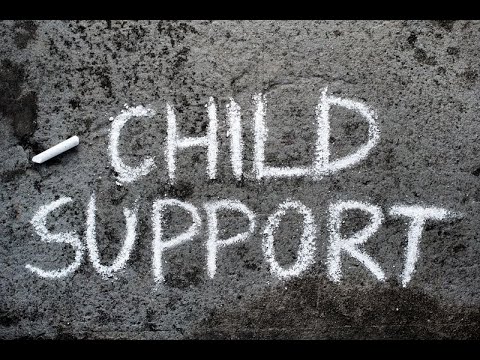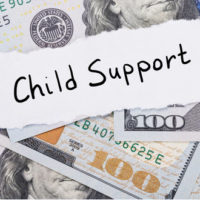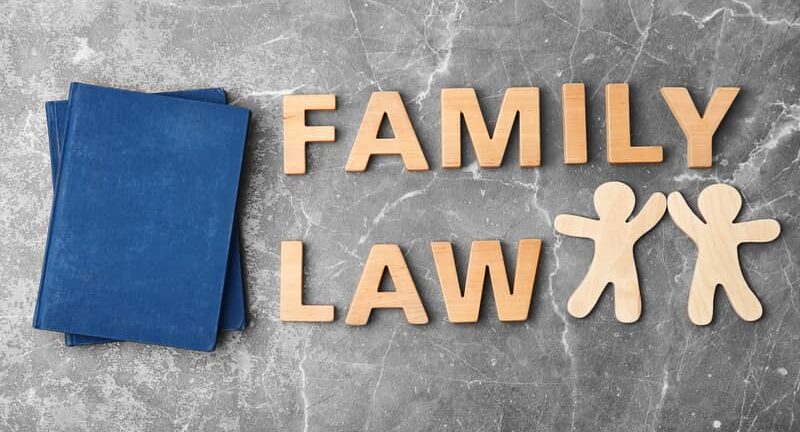
 Child support is a legally mandated form of financial support issued by the court in North Carolina. This means that when a father or mother fails to pay the support that they owe, there are legal steps to take in order to procure the payments. By working closely with the Child Support Enforcement Office of North Carolina and a trusted family law attorney, you can hold the noncustodial parent accountable for their support obligation.
Child support is a legally mandated form of financial support issued by the court in North Carolina. This means that when a father or mother fails to pay the support that they owe, there are legal steps to take in order to procure the payments. By working closely with the Child Support Enforcement Office of North Carolina and a trusted family law attorney, you can hold the noncustodial parent accountable for their support obligation.
Many Options for Child Support Enforcement in Charlotte
Court ordered child support is enforced the Child Support Enforcement Office and the Support Enforcement Program of North Carolina. There are a variety of actions to take if the noncustodial parent continues to make late payments, partial payments, or refuses to pay child support altogether. The most effective method, according to North Carolina Health and Human Services, is income withholding. Income withholding goes directly after the noncustodial parent’s paycheck, from which the employer deducts a specific amount, specified by the NC Child Support Centralized Collections (NCCSCC). This option is viable even if the noncustodial parent is living out of state. Additionally, income withholding can be deducted from the following sources of income:
- Veteran’s disability benefits;
- Workers’ compensation;
- Social Security benefits; and
- Unemployment insurance benefits.
Additional options include going after the noncustodial parent’s federal and state tax refunds, claims on real or personal property, credit bureau reporting, monthly billing, or issuing a court action against the noncustodial parent, which will essentially force them to show up in court and answer to a judge directly, or else face serious penalties.
Issuing a Subpoena, Court Hearing, and Being Held in Contempt of Court
Under North Carolina law, the state of North Carolina may issue a subpoena for certain information to be provided by a noncustodial parent that may be responsible for paying child support. This information includes any “books, papers, correspondence, memoranda, agreements, or other information, documents, or records” that are relevant to:
- Child support establishment;
- Child support enforcement; and
- Paternity establishment.
Refusing to comply with a subpoena or a court order is contempt of court and can result in jail time and/or heavy fines. Additionally, you may request a court hearing. If the noncustodial parent refuses to show, or after the hearing the judge upholds the current court-ordered child support, and the noncustodial parent refuses to obey, they may be held in contempt of court. Their driver’s license may be taken away, they may be issued fines, or they may be sent to jail.
If You Are Being Denied Child Support Payments, Contact an Attorney Today
Child support is an essential tool for raising your child or children as comfortably and safely as possible as a single parent. You should not be left alone to pay for medical care, food, clothing, shelter, child care, and all the other essentials when there is another parent out there who has a legal responsibility to provide for their children. For help with child support enforcement, you need to enlist the assistance of an experienced family law attorney. Call the Charlotte, North Carolina attorneys of Powers Landreth PLLC today at 704-342-4357 for serious legal assistance.
Resources:
ncdhhs.gov/divisions/social-services/child-support-enforcement
ncleg.net/EnactedLegislation/Statutes/HTML/ByArticle/Chapter_110/Article_9.html
Related Posts
Equitable Adoption in North Carolina
The doctrine of Equitable Adoption is a judicially created “equitable” remedy...
Charlotte Child Custody and Contempt of Court
The North Carolina Court of Appeals ruled this week on a longstanding Charlotte...

